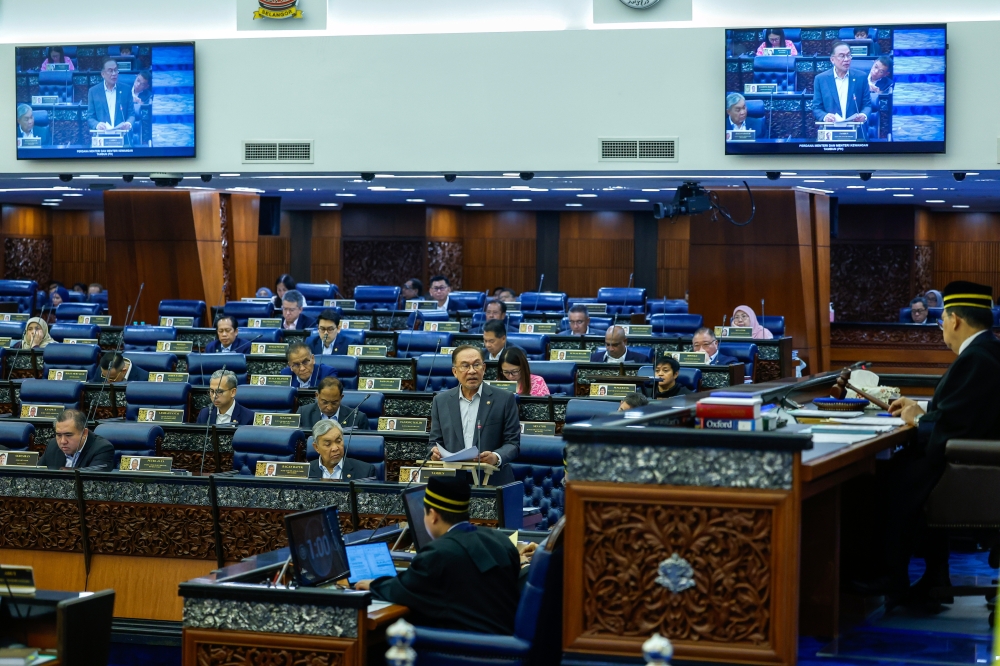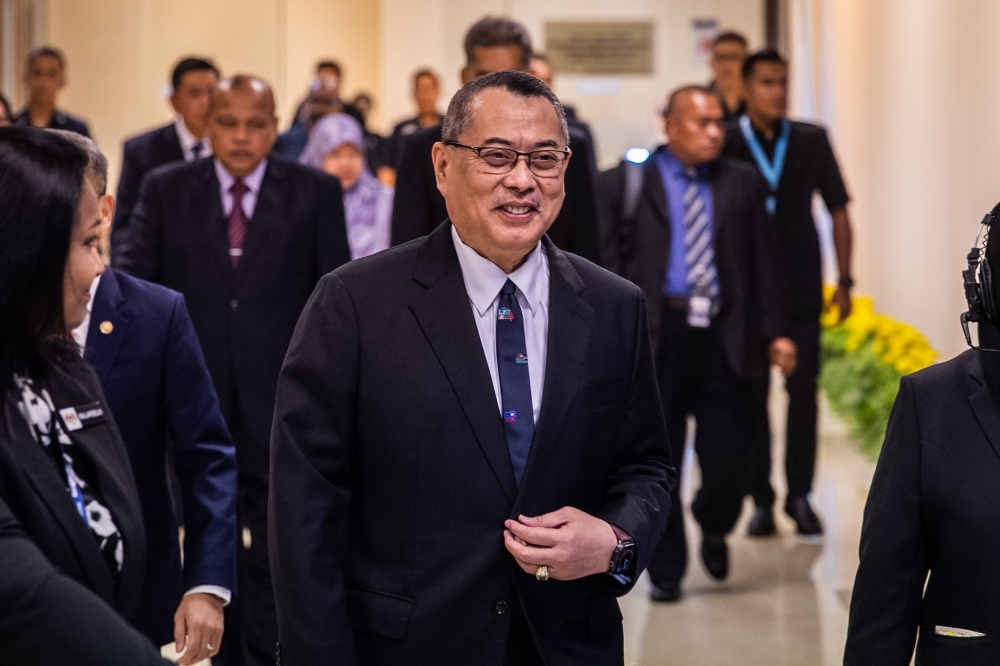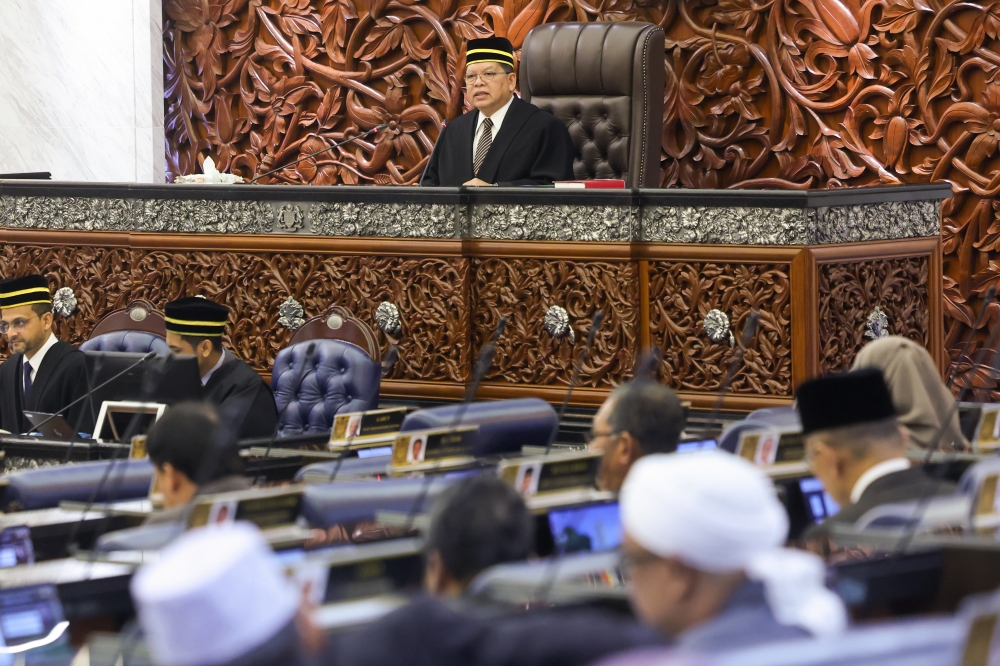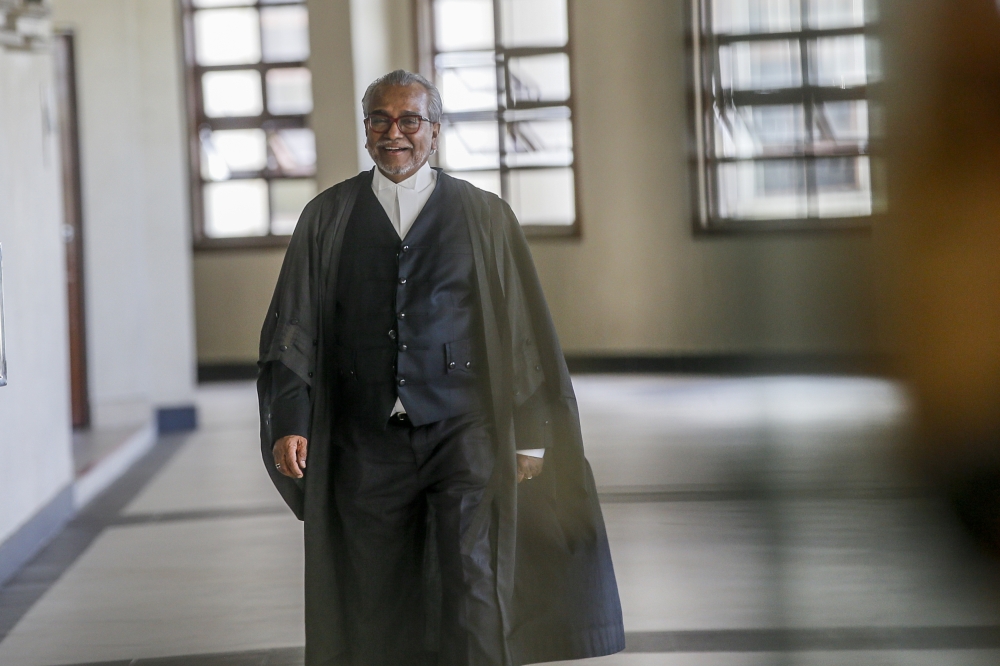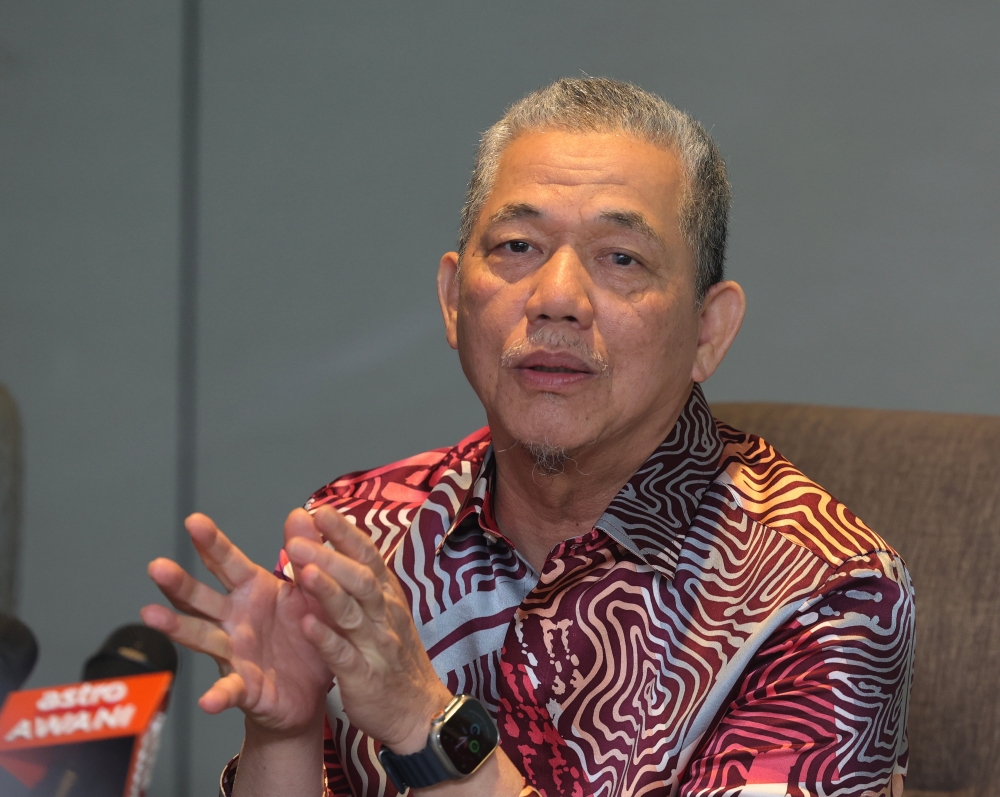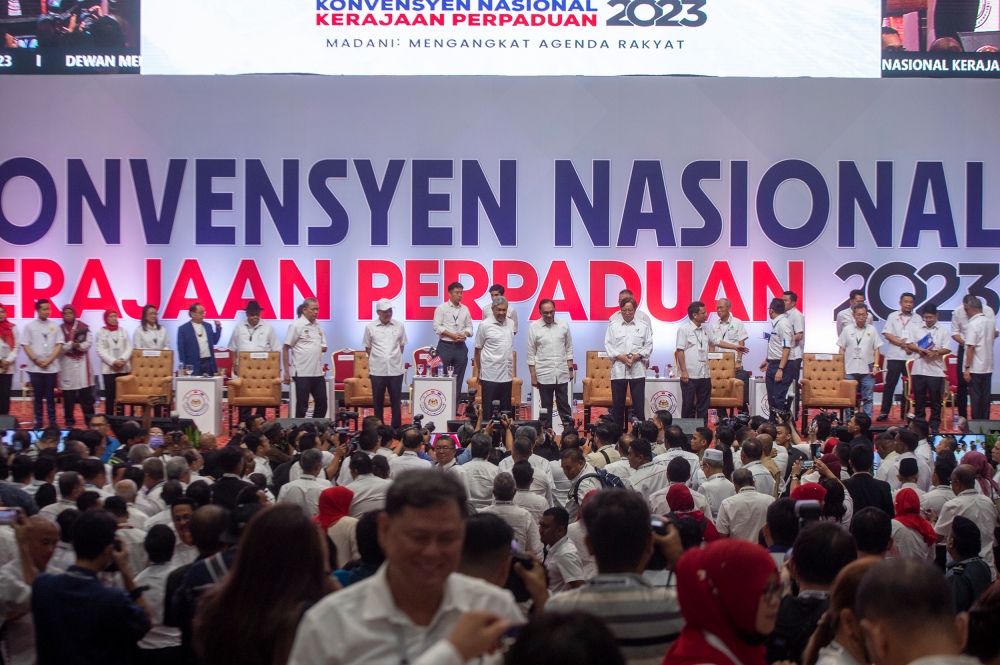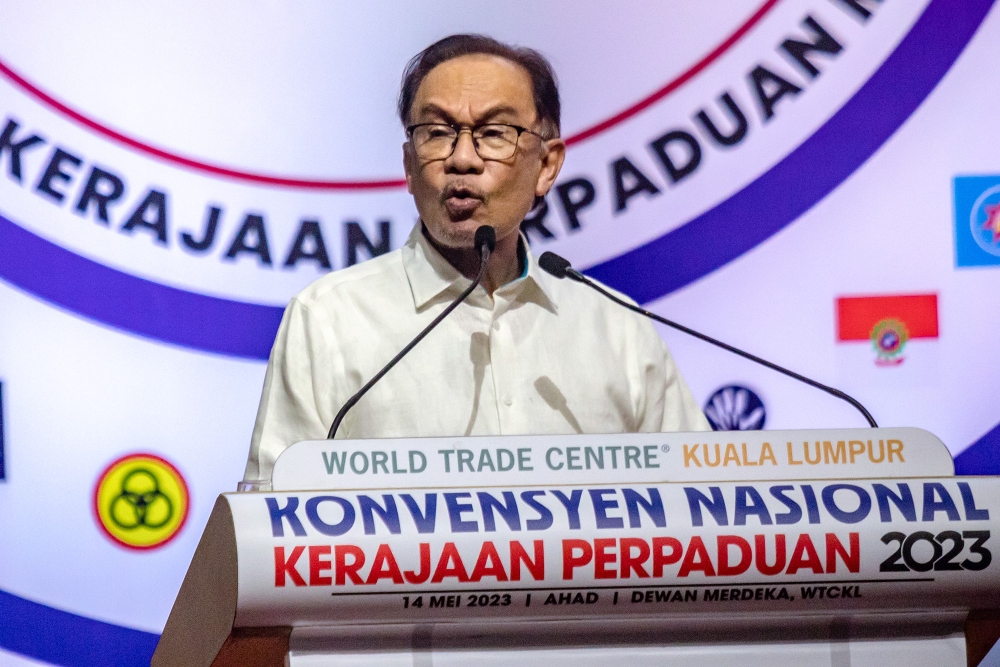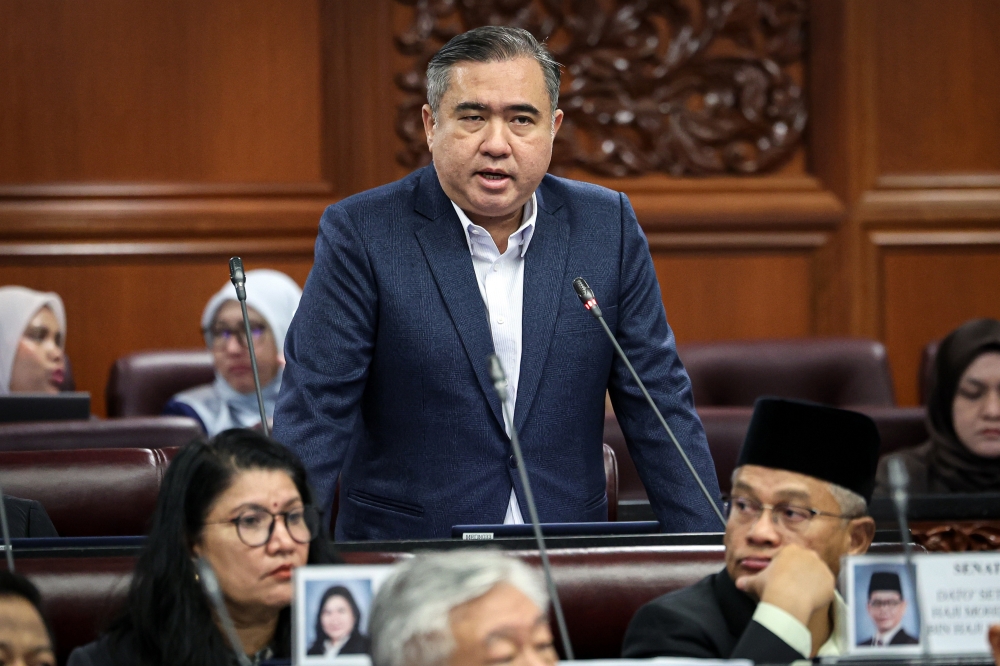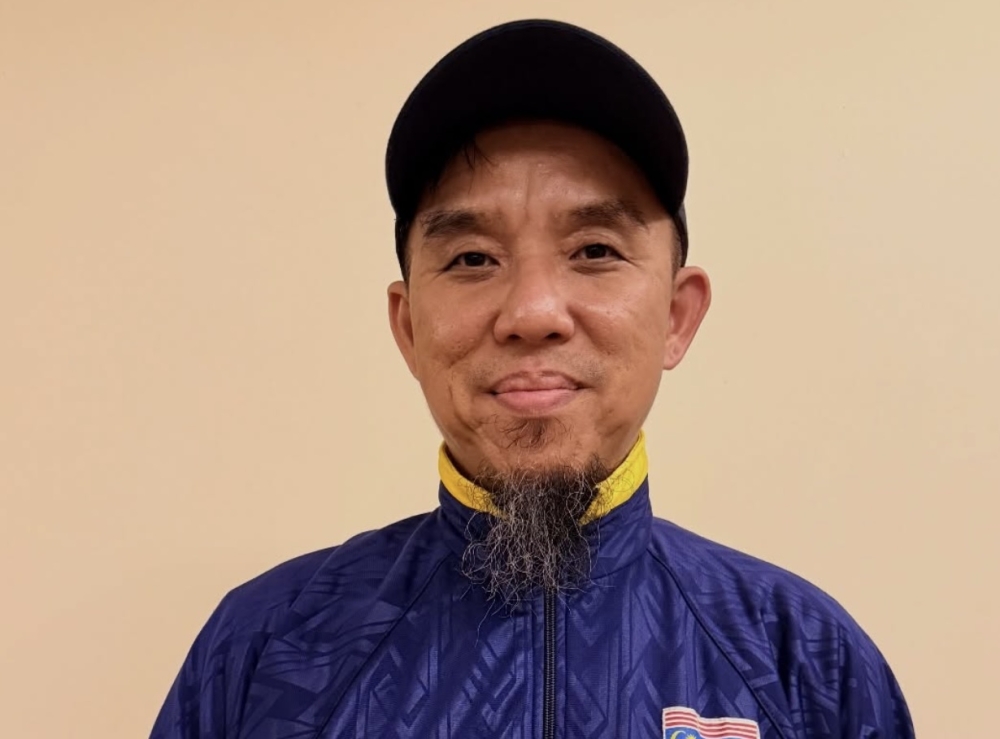KOTA KINABALU, May 15 — Putrajaya will give Sabah and Sarawak more autonomy in the education and health sectors as part of the Malaysia Agreement 1963 ongoing discussions, said Deputy Prime Minister Datuk Seri Fadillah Yusof today.
Among the more “straightforward” negotiations, he said Sabah and Sarawak are to be empowered to hire their own staff to fill in positions in their state and make decisions on other development matters, which was previously fully under federal purview.
“It is only partial autonomy because the federal government will still be doing the funding,” said Fadillah after attending the Cocoa Board appreciation ceremony here.
Fadillah said that there were issues with the system before whereby planning was done by the federal departments, which would not work out well for the states.
He cited the hiring of staff from West Malaysia who were posted to far-flung areas in Sabah and Sarawak who ended up not doing the job and also planning development projects.
“For example, like hospitals and such. It was decided in Putrajaya, and even the state was unaware of the plans. So now the state will be able to prioritise its own development,” he said.
The matter was agreed on in principle by the MA63 secretariat and is being fine-tuned, with the terms being ironed out.
He had previously said autonomy in education and health are among the matters Putrajaya had in principle agreed to return to the Borneo states.
Fadillah said that the federal government is currently focusing on areas that could be easily resolved first, because there were other more complex issues.
The plantation and commodities minister also said Putrajaya had decided to return idle undeveloped federal land reserves to the two states.
Land that was procured for whatever development purposes but was not used within five years would be given back to the states while compensation fees would be returned to the federal government.
“We have agreed on this in concept so we are waiting on the technical discussions on the terms,” he said.





